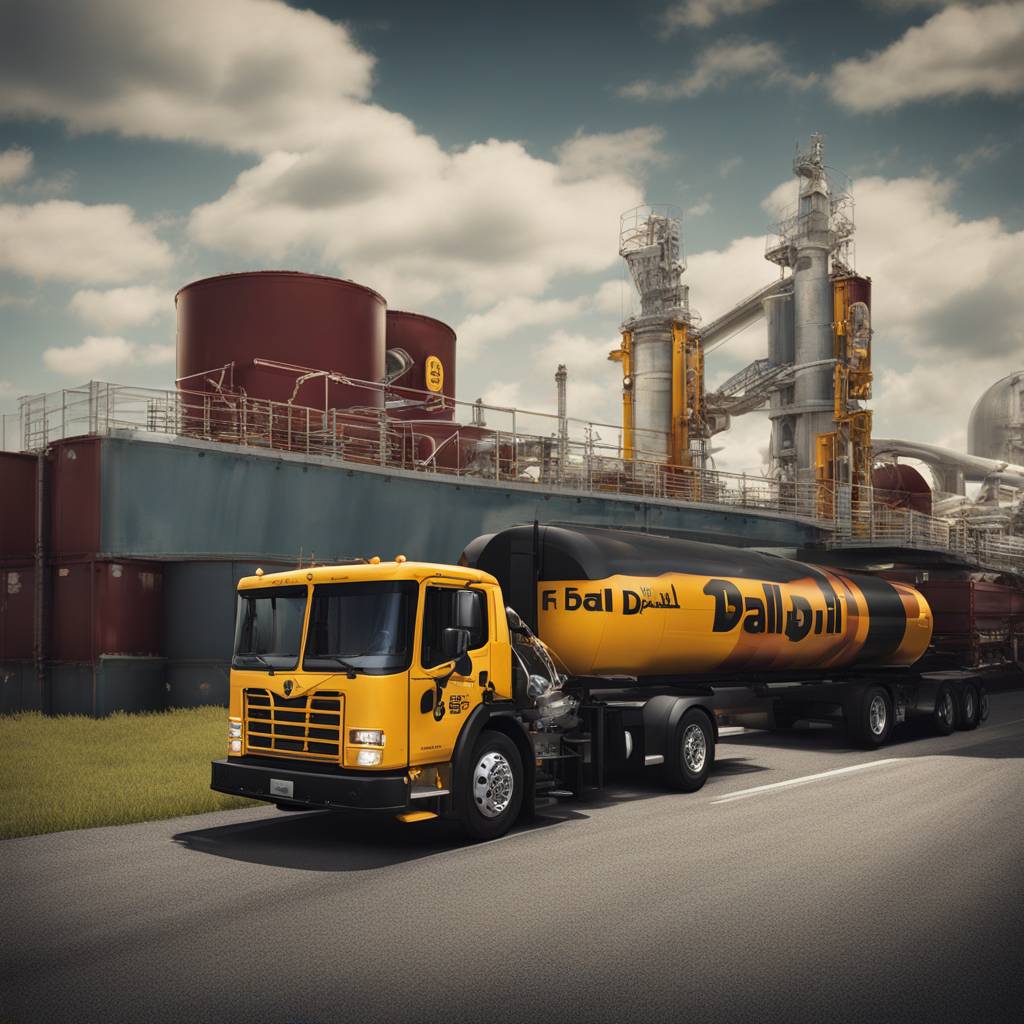Seven days before colliding with a Baltimore bridge, the container ship Dali received a large load of fuel in New Jersey. The fuel, totaling more than 400,000 gallons, was delivered by Centerline Logistics, a Seattle-based company, and tests conducted at the time deemed the oil safe to use. The fuel comprised two types, marine gas oil and very low sulfur fuel oil, and was tested for contaminants twice, once at the terminals and again upon delivery to the Dali. The company CEO, Matt Godden, stated that there was nothing wrong with the fuel provided.
Fuel contamination is believed to be a common cause of power and propulsion failures on ships worldwide. Investigators are interested in testing the Dali’s fuel for contaminants to determine if it played a role in the collision that led to the collapse of the Francis Scott Key Bridge and the deaths of six workers. While experts caution that there could be other factors contributing to the power loss, they note that fuel quality is a known issue in ship failures. It is uncertain if the Dali was burning the fuel from Centerline at the time of the collision, as it had received fuel from South Korea and China in preceding months.
The fuel testing reports obtained by NBC News for the Dali’s fuel delivery indicated that the fuel was clean. Experts in marine engineering and operations reviewed the reports and agreed that the results were within acceptable levels. Former NTSB investigator Thomas Roth-Roffy and University of Michigan professor Timothy McCoy noted that the fuel showed no signs of contamination such as water, calcium, or zinc beyond acceptable ranges. They highlighted that ship fuel systems are designed to handle impurities, and issues can arise from contaminated fuel, as seen on the U.S. Gulf Coast the previous year.
Despite offering samples of the fuel to the U.S. Coast Guard on the day of the crash, Centerline Logistics has not heard back regarding the tests. The Coast Guard referred inquiries to the agencies investigating the bridge collapse, who stated that the cause is still under investigation. NTSB Chair Jennifer Homendy announced that the Dali’s fuel would be sampled and tested for contaminants, part of their ongoing investigation. Maersk, the charterer of the Dali, declined to comment on the fueling, stating that they are closely monitoring the investigations conducted by authorities and the vessel operator, while carrying out their own investigation.
McCoy expressed interest in the results of the NTSB’s investigation to determine the cause of the Dali’s systems failure. While contamination is a known issue in ship complications, the complexity of maritime operations means that other factors could also have contributed to the collision. The results of the fuel tests and the subsequent findings of the investigative agencies will shed light on whether the fuel played a role in the tragic incident.


